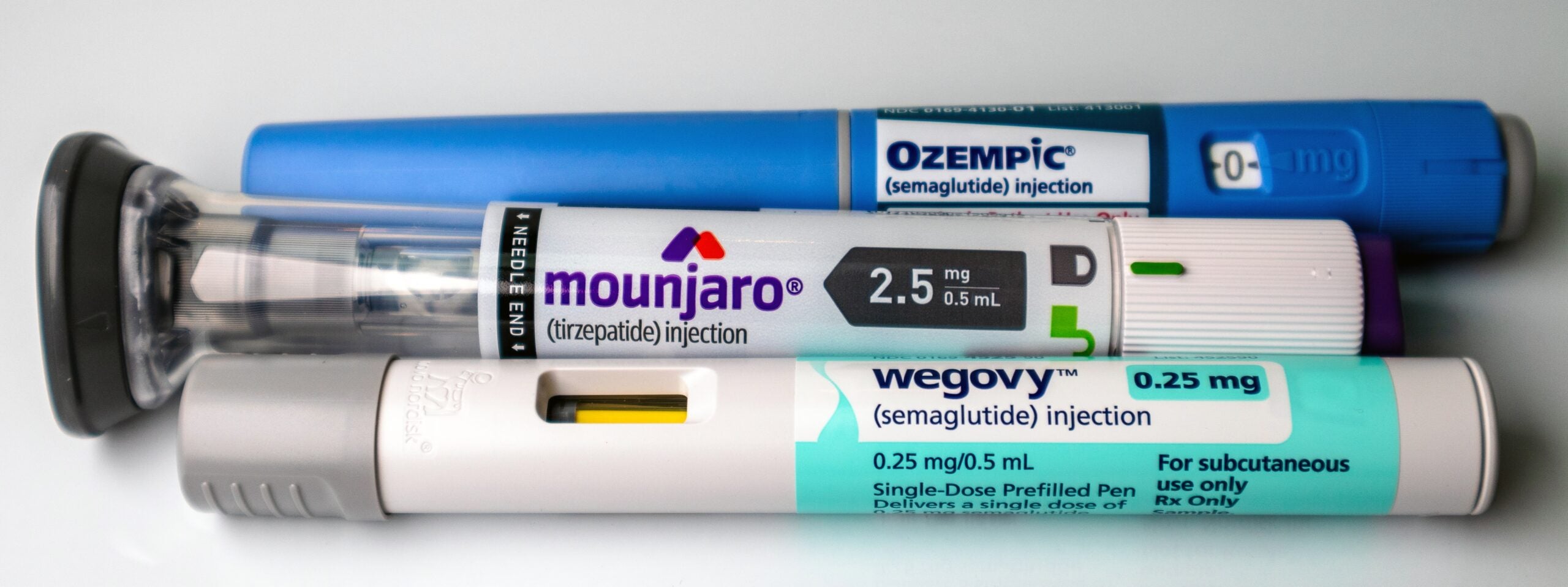
With the explosion of GLP-1–based therapies for type 2 diabetes and weight loss, perioperative nursing teams, especially in the preoperative and postanesthesia care areas, need to be fluent in recognizing these medications. Some patients may arrive on these agents—or even novel oral GLP-1s—and the physiologic effects, especially delayed gastric emptying,…

Editor's Note Many widely used supplements and herbal remedies can increase bleeding risk during surgery and should be stopped in advance, according to researchers at Wrocław Medical University. The findings highlight a gap in perioperative safety practices, The Am-Pol Eagle September 18 reports. The study, led by the university’s Department…

Editor's Note Allowing older surgical patients to keep dentures, glasses, and hearing aids until anesthesia and restoring them immediately afterward significantly lowered postoperative delirium (POD) rates, according to a study published in BMC Geriatrics on August 30. The prospective before-and-after trial followed patients aged 70 and older undergoing hip fracture…

Editor's Note Deaths from falls among Americans over 65 have more than tripled in the past 3 decades, raising alarm among geriatric experts and fueling debate about the role of prescription drugs, HealthLeaders September 15 reports. The Centers for Disease Control and Prevention (CDC) recorded more than 41,000 fall-related deaths…
Editor's Note A multidisciplinary quality improvement effort at Vanderbilt University Medical Center sharply reduced response times to post-anesthesia care unit (PACU) emergencies, demonstrating a model that other hospitals could replicate, OR Management News September 1 reports. By combining education, clear role identification, standardized anesthesiologist notification, and recurring mock code drills,…

Editor's Note Pulmonary embolism (PE) and deep vein thrombosis (DVT) are rare after same-day surgeries, but when they occur, they carry high risks of death and readmission. According to Anesthesiology News May 12, a University of Texas Southwestern Medical Center analysis of more than 1.1 million outpatient procedures found an…

Editor's Note Perioperative leaders are reshaping how surgical care is delivered, making pragmatic adjustments in the face of supply shortages, staffing constraints, and shifting surgical volume toward ambulatory surgery centers (ASCs). Together, the latest three OR Manager pulse polls reveal a profession managing high stakes with a mix of caution,…

The migration of surgical cases from inpatient settings to ambulatory surgery centers (ASCs) continues to reshape perioperative leadership in 2025. Nationally, the trend is driven by payer incentives, patient preference, and cost pressures, with ASCs now performing more orthopedic, spine, and complex outpatient procedures than ever before. In fact, the…

Editor's Note A malpractice case involving a 69-year-old man undergoing an endoscopy at an ambulatory surgery center (ASC) spotlights the risks of managing high-comorbidity patients outside a hospital setting. According to a May 13 report in Anesthesiology News, the patient experienced a hypoxic event that led to permanent brain injury…

Editor's Note Roughly one in every 60 cesarean deliveries results in a severe surgical complication, according to new research from University of California San Francisco (UCSF) published in Obstetrics and Gynecology, MedicalXpress August 25 reports. With about 1.1 million cesareans performed each year in the US, this translates to an…